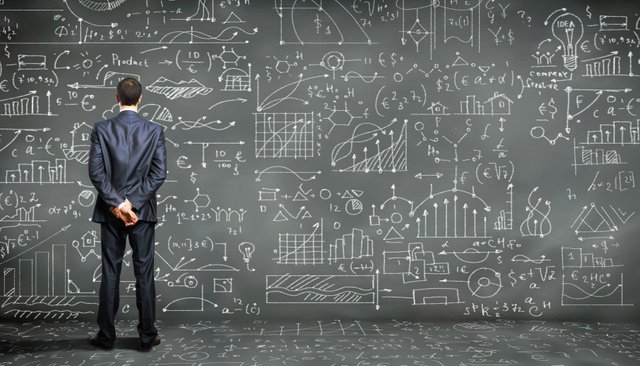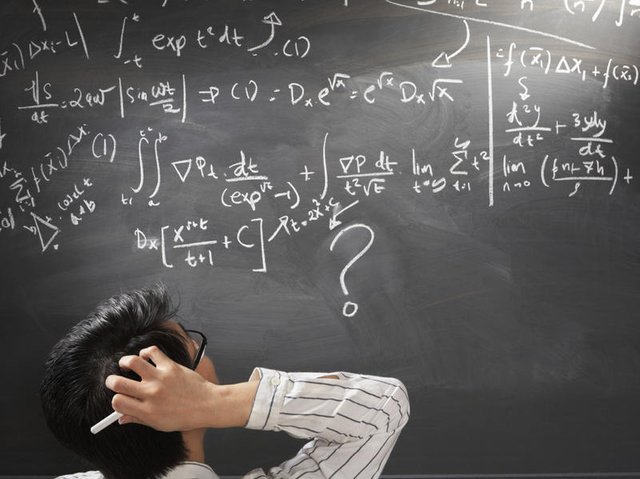
Science has led us to finding out things that give us what we have today. In fact without science we would not have electricity which would mean no mobiles, internet, Facebook we would not have fridges to keep food fresh, television to entertain or even cars to travel in.A world without science would mean that we would still be living in a very different way to that of what we live today. Science started back when (we imagine) 2 cavemen wondered what rubbing 2 sticks together would do. Science is based on curiosity and how to’s. In fact we are natural Scientists watch children and you will see that young children play like Scientists work, with investigation.Today science influences so many different things that trying to list them all would mean this page could go on forever. Science has influenced the medical industry that today reduces thousands of deaths every day. But is science only about new inventions, new technology and new medicines.
Science is everywhere in today’s world. It is part of our daily lives, from cooking and gardening, to recycling and comprehending the daily weather report, to reading a map and using a computer. Advances in technology and science are transforming our world at an incredible pace, and our children’s future will surely be filled with leaps in technology we can only imagine. Being “science literate” will no longer be just an advantage but an absolute necessity. We can’t escape from the significance of science in our world.But not everyone understands that, or has been taught to think critically, or been provided with the tools to analyze and test a problem or situation. Alom Shaha is a school teacher in the UK, and he has put together a website and a video, asking people to share why science is important. There are scientists, educators, psychologists, artists and many others from different walks of life who participated in this project. The video is of exceptional quality, and I urge everyone to watch and share it. Help people learn about the importance of science.
<iframe width="560" height="315" src="

For most Americans, science is something to be tolerated in high school, details of which are promptly forgotten after tests are over. This may be understandable, since, regrettably, the basic science curriculum can often consist of lectures on taxonomy or analogous facts about what science has discovered, along with the painful need to memorize long lists of strange words. But any notion that science should be left to the scientists, and that the very question of what is and is not science should be left to those with a political agenda, is wrong and damaging.As the pace of scientific research accelerates, the average citizen is faced increasingly with having to grapple with matters of science in his everyday life. Some of the country's most complicated and urgent public policy debates have at their center been questions of science. It is imperative that the public is engaged in science issues which have an impact on their lives, in their own self-interest, to best thrive in modern society. Furthermore, citizens must understand what is a question of science, and what is a question of public policy that can be informed by science. For example, the many causes and effects that impact human health are questions of science: smoking is a cause of lung cancer; obesity is a cause of diabetes; lead poisoning is a cause of brain damage in the young; alcohol and drug use by pregnant women are a cause of brain damage to their unborn children. These are objectively proven claims and therefore are science. The public must also grapple with important public policy questions that must be informed by science. For example, an understanding of the science of embryonic stem cell research is critically important to inform policymakers who are advocating or opposing this research; an understanding of climatology is essential to those concerned with regulation of fossil fuel consumption and energy policy; astronomy and cosmology must inform wise investment in space exploration.On a less weighty level, science is everywhere in society; a part of each person's everyday life – even grocery shopping is more informed by a basic understanding of science. But most citizens are not equipped to personally assess the facts, nor often even to separate the facts from opinion or political spin; science from non-science. They therefore are likely to be predominantly influenced on these issues by the prevailing perception in their communities.Yet no country, no matter how sophisticated technologically, can advance its society fully without the informed engagement of its citizenship. The existence of a democratic process (voting rights, a transparent and representative governance structure) is necessary but not sufficient. As with economic decision-making, public policy decision-making depends on full information. The nonscientist is increasingly at a disadvantage because he lacks the information to engage in these important public policy dilemmas as an informed, independent thinker.How can we equip our people with sufficient scientific skills to enable them to develop informed opinions about these important issues, without imposing the unrealistic expectation that they be trained as scientists? This question is distinct from the question of how the U.S. can continue to produce the world's leading scientists. The latter consideration is also of course critical to the future health and economic prosperity of the Nation. But without a broad populace of "science appreciators", both the continued national investment in science and the implementation of enlightened public policy will be threatened.

Distinguished biochemist Bruce Alberts, who served as President of the U.S. National Academy of Sciences from 1993 until 2005, highlights the importance of state science testing1. The "No Child Left Behind" Act mandates that effective in 2007, "high-stakes science assessments will be coming to all of our K-12 schools. It is left to each state to decide what science tests it will select for all its students ." History shows that, when pressured, science teachers adjust their curricula to ensure the best possible results on state tests . Therefore it is imperative that scientists and policymakers get involved in the development of state science tests. This may be our last, best chance to influence how a generation recognizes science and what it understands about science. It will be counterproductive to squander this segment of their education on requiring extensive memorization of facts. Instead, state tests should teach students how to bring their own independent thinking to important issues. Thus, for example, most biology classes today stress the importance of having students learn names for the parts of an organism – with even seventh grade textbooks highlighting words like endoplasmic reticulum, mitochondrion, and Golgi apparatus. But it is much more important for students to experience the scientific method, so as to learn about the difference between data and speculation, how to frame a question, and how to approach a problem critically and skeptically. As called for in the National Science Education Standards of the U.S. National Academy of Sciences , this approach emphasizes logical, hands-on problem-solving, and insists on evidence for claims that can be confirmed by others. Had this requirement been broadly implemented in this country a generation ago, the painful and contentious debate over the teaching of creationism, "creation science" and "intelligent design" in public science class may have been unnecessary: at the core of this issue is the simple fact that these ideas, while they may or may not be true, do not present confirmable claims and therefore are not science. The public must be able to consider questions such as this within a framework that enables individuals to distinguish science from other propositions. Science education at all levels should focus on creating a society where well-educated adults are equipped to bring scientific thinking to bear on issues that affect them as citizens.
